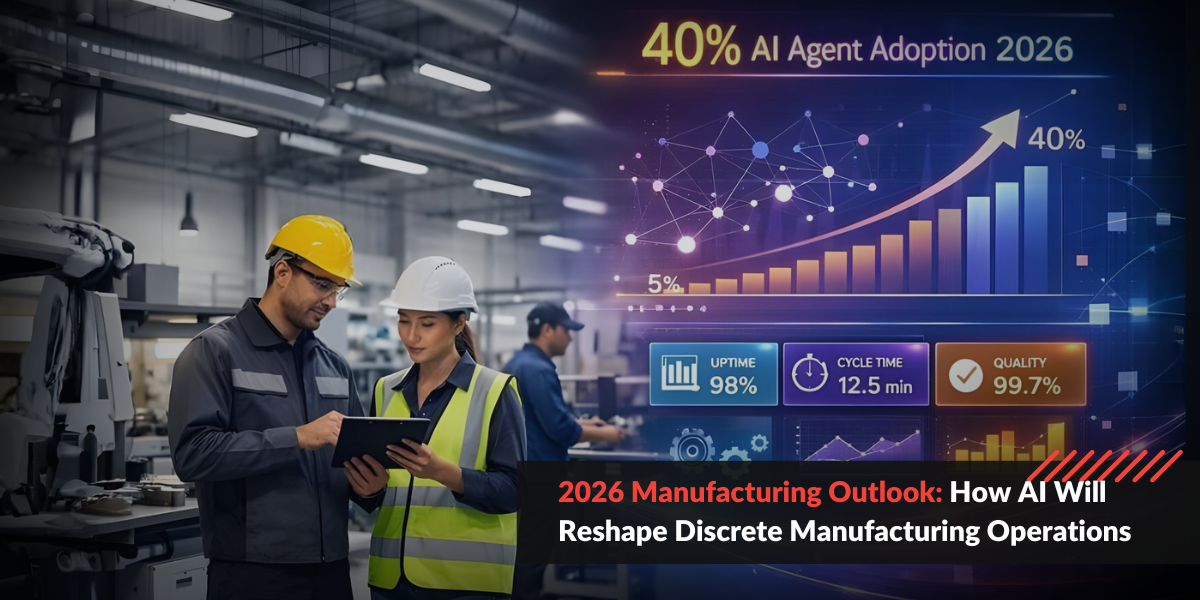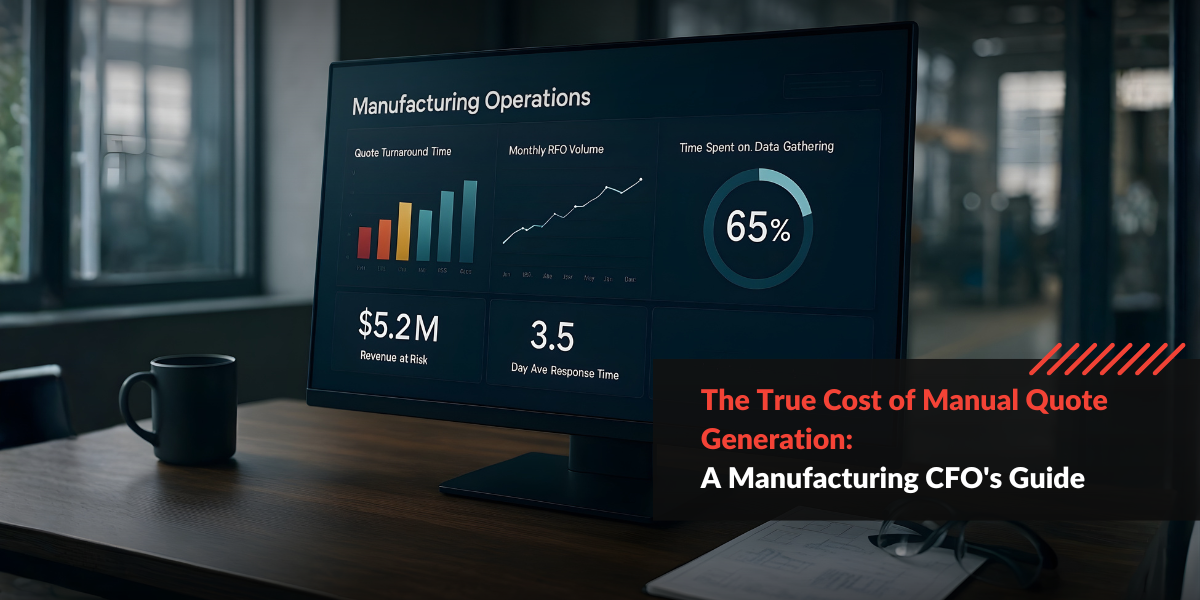The current economic outlook of the CFOs across the world is centered around cost reviews and expense management, which essentially translates into cutting corners and expecting high ROI on every investment that has been made or will be made.
Such a grim scenario may make it difficult to make a case for new technological investment, but it is not.
A recent study by Gartner found that “78% of CFOs will increase or maintain enterprise digital investments through 2023 even if inflation persists.” These chosen investments are expected to fuel the growth of the company. Automation is one such investment that should be integrated into the budget.
There’s no doubt that Automation can be a huge cost-saver for businesses across industries, and the hospitality industry is no exception. Automating certain tasks within your hospitality operations can help you save money in unexpected ways.
By identifying the right processes to automate, hospitality leaders can improve their productivity and, eventually the bottom-line health. Automation has many benefits, but most importantly, it makes life easier for everyone – the business, the employees, and the principal stakeholder, the customer.
One compelling example is chargeback automation, which significantly reduces manual intervention in payment disputes.
Duetto surveyed hoteliers from around the globe to get a pulse on the industry’s thoughts and priorities relating to revenue management, new revenue tools, and technology innovations.
A staggering 77.6% of those surveyed who work in hotel revenue functions believe that Automation and integration are integral to future success. Furthermore, the majority expect to increase their investment in hotel tech within the next three years.
According to a study by McKinsey, “the top reason for automating is concern about the effectiveness of organizations’ business processes. The second most common reason for automating processes is improving customer or employee experiences.”
The US travel Association’s monthly statistics reports for Oct ’22 stated that September’s travel spending improved immensely and is now the highest since the pandemic started- 6% higher than in 2019. This increase in the number of people looking to travel is good news for the hospitality industry. But it also means that the management should plan to manage the increase in demand seamlessly, especially in times of staff shortage.
Post-pandemic, the hospitality enterprises that had already invested in the digitization of their process are the ones who have been able to get back on their feet faster. It is proof that enterprises that want to survive and grow need to adopt Automation as the new normal of business processes and not view it as a nice-to-have tool.
If you lead a hospitality enterprise and are yet to include Automation in your budget, now is the time to do so. With the increase in travel and high demand predicted for hotel reservations and other services, it is a good idea to automate your systems.
Automating core business processes is more of an investment in the company’s growth rather than an operational expense.
Let’s look into some of the many processes in the Hospitality industry where we can implement Automation to get maximum ROI.
-
Accounting operations:
Automation solutions are a game changer for accounting. They provide the Automation and accuracy you need to get your work done in record time without sacrificing quality or human expertise.
-
In Account Payables and receivables:
Accounts payable and accounts receivable are integral components of your cash flow statement. A mismanaged account can result in high business costs and a bad reputation with vendors.
Companies that need to manage their account receivables risk not getting timely payments, leading to working capital challenges for their enterprise.
Optimizing accounts receivables include:
-
Tracking pending payments:
- Reminding customers to pay on time
- Identifying high-risk customers as a top priority.
Accounts receivable software can automate these and other steps involved in your AR operations and significantly decrease the load on your finance team. It will provide them with the much-required bandwidth to invest their time in planning for growth.
-
Expense management:
Expense automation can make it much easier to collect, transfer, and monitor expenses for your business. This automation solution can help you keep track of receipts from employees or customers and ensure that all costs are accounted for.
With expense automation, you can set up rules and regulations for reporting and collecting expenses. You can implement Automation to monitor the costs and ensure they are within your budget.
-
Payouts:
The modern finance team has a lot on its plate. From managing payrolls and payouts to producing accurate financial reports, there is a lot to keep track of. It is where automation solutions can be a huge help.
Automation solutions can handle payroll-related tasks, including direct deposit into employees’ bank accounts, pay calculation, synchronization with time-tracking software, managing payroll taxes, and generating filings.
-
Customer service management:
One of the most critical ways that Automation has impacted the hospitality industry is in customer service. By automating various customer service tasks, businesses have improved their response times, accuracy, and overall quality of service. Additionally, Automation can allow firms to handle a larger volume of customer service requests without compromising quality.
-
Staff management
Another area where Automation has had a significant impact is staff management. Automation has made it easier for businesses to assign tasks, monitor performance, and arrange shifts. It has resulted in a more productive workforce that can better meet customers’ needs. It is especially crucial in the hospitality industry, which relies on personal interaction with guests.
Hospitality enterprises must recognize Automation as a long-term strategy to reduce costs and spur growth and include it in every annual budget.
If you’re looking for an automation solution for your hospitality enterprise, you can get started by collaborating with an automation partner who understands your business and hyperautomation.




